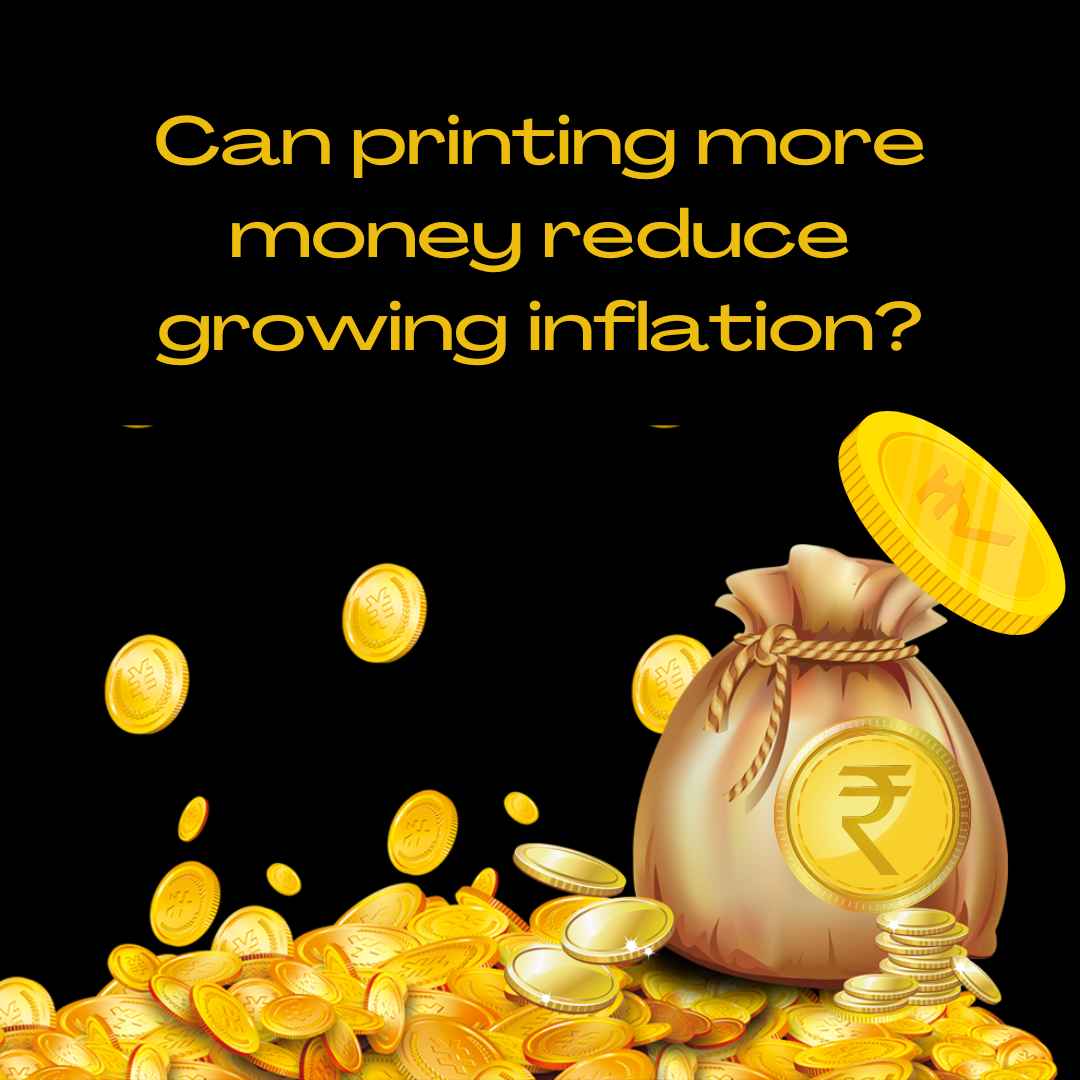Often, we hear the idea that we should just print more money. Printing more money may appear to be a miraculous answer to the problems of rising prices and dwindling supply since it seems to be the only way to end poverty and make everyone rich at the same time. If everyone had more money, then surely they would all enjoy a higher standard of living?
Sadly, things don't operate that way in the field of economics. Let's look at the reasons why increasing the amount of money that is printed would not bring the inflation rate down but rather bring it up.
1. The act of printing money is in direct opposition to the fundamental tenets of economics.
The concept of supply and demand is the cornerstone upon which economics is built. If we created more money, there would be an artificial oversupply of demand, which would be money, but the supply of commodities would not expand at the same rate. This would cause prices to rise.

2. It is a very unusual occurrence for it to be successful for a whole nation to strive to become wealthier by printing more money.
Because if more people have more money, then prices will naturally go up. And individuals are discovering that they need an ever-increasing sum of money to purchase the same quantity of products. Recently, this took place in Zimbabwe, which is located in Africa, as well as in Venezuela, which is located in South America, when both nations issued more money in an effort to make their economies thrive. As the printing presses picked up speed, so did the rate at which prices soared, until eventually, these nations began to experience a condition known as "hyperinflation." When this happens, prices skyrocket dramatically over the course of a single year.
3. It should come as no surprise that less developed nations can only produce their own money and not US dollars.
People will cease using that currency if they print a lot more of it since it will cause prices to rise too quickly, which will discourage its use. Instead, they will seek to be compensated in US dollars rather than the original currency, or they would trade one thing for another. This is precisely what took place in Zimbabwe, Venezuela, and a great number of other nations that were afflicted by hyperinflation. The government of Venezuela created regulations in an effort to shield its citizens from the effects of hyperinflation. These laws mandated that essential goods, such as food and medication, be kept at affordable rates. However, this just resulted in the stores and pharmacies running out of that particular items.
4. There will never be a day when poverty is eradicated.
There will always be those individuals who have a greater capacity for purchasing than others. Because the economic repercussions of printing money are higher prices and inflation rather than an increase for financially stable individuals, this gap can't be eliminated by printing money because the economic consequences of printing money are not an increase for financially stable people.
Because the proverbial adage "Money doesn't grow on trees" is demonstrably accurate, the query "Why don't we just create more money?" is fraught with danger.





